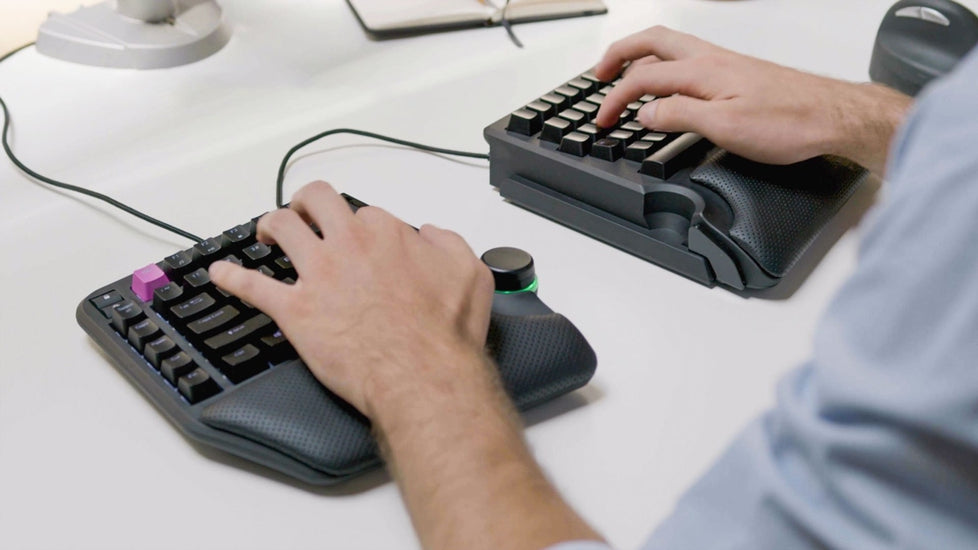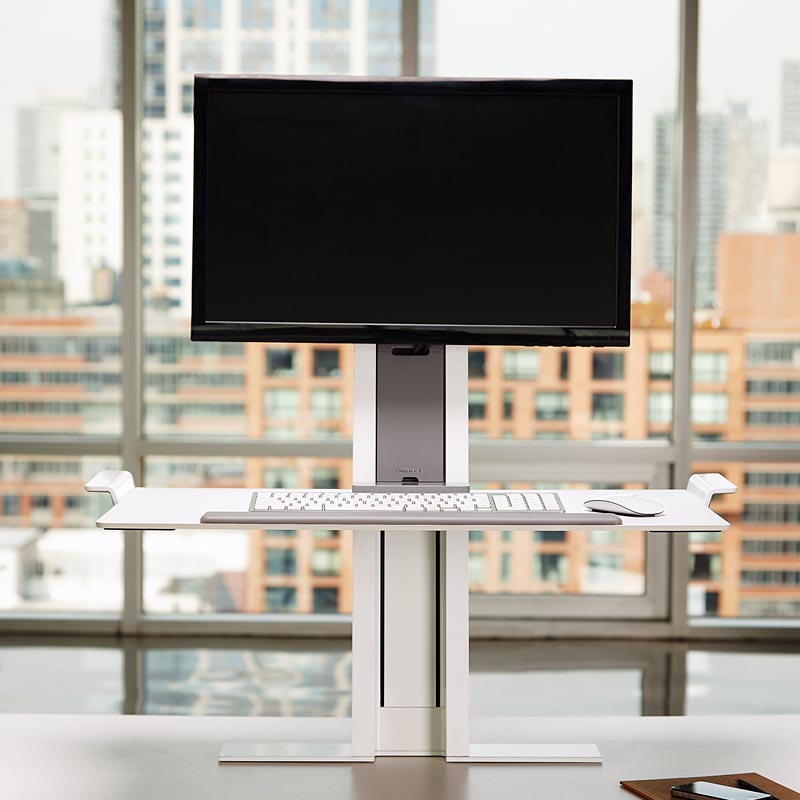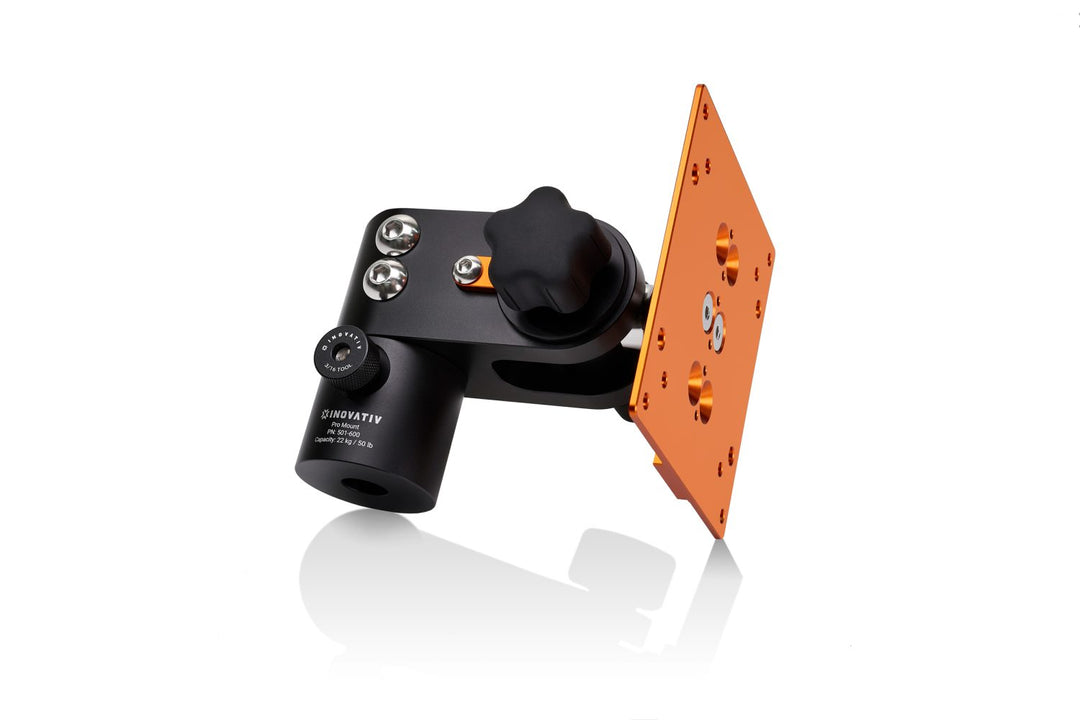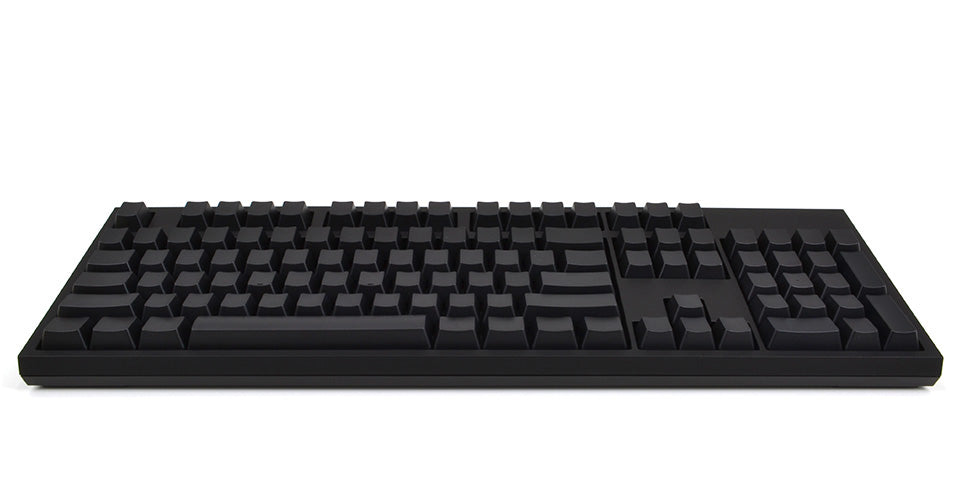Searching for the best typing experience? Build your own custom mechanical keyboard! Our guide can help you choose the right components and assemble your individual keyboard. Personalize it to meet your needs!
Decide What Keyboard You Want
Building your own keyboard is a must-do! But choosing the type and components can be daunting. Making wise decisions can make a big difference in your finished product. Let's look at six key points to consider when designing a custom mechanical keyboard:
- Layout
- Switches
- Keycaps
- Case
- Connectivity Options
- Additional Features and Accessories.
Each one has various options that will affect your choice. For example, switches determine how loud and responsive the keys are. Exploring all options helps you refine your dream keyboard.
Before you start, think about the main use of your keyboard. Is it mainly for gaming or typing? Are certain features necessary? Answering these questions makes the process easier.
It's amazing to build your own keyboard. It can show off your personality in your workspace. People customize in different ways. A programmer may use quiet tactile switches while typists prefer clicks with precise functions.
I read about someone who made a keyboard only for data entry in spreadsheets. They modified keys for Microsoft Excel functions which sped up their data input hugely - saving many hours each week! Size matters if you're trying to carry your keyboard in a bag!
Finding the Right Size Keyboard
When constructing a custom mechanical keyboard, the size you pick is key. It can influence your typing experience since it affects layout and function. To make the best decision, compare the popular sizes with a table.
Size Comparison Table:
| Size | Dimensions | Keys | Weight |
|---|---|---|---|
| Full-size | 17.5" x 5.5" x 1.25" | 104 keys | 2-3 lbs |
| Tenkeyless | 14" x 5" x 1" | 87 keys | <2 lbs |
| Compact | 12.75" x 4.75" x 1" | Varies by model | <2 lbs |
Keep in mind, these are just some of the options. There are plenty of other sizes to explore based on features like portability or ergonomics.
When selecting a size for your custom keyboard, think about where you'll use it and how you plan to use it. This will help you pick the right size.
Pro Tip: Test out different switch types before deciding on the one for your custom keyboard. This way, you can identify which switch works best for you!
Choose the features for your custom mechanical keyboard like you would in a buffet - pick the ones you want, but remember that you can only fit so much on your plate.
Picking Out The Features
When you make your own keyboard, it's essential to pick the right features. Here are some to think about:
- Size: Decide whether you want a Tenkeyless (TKL), 60%, or custom size.
- Switch Type: Choose from tactile to linear and beyond!
- Keycap Material: Go for the one that grabs you - ABS or PBT plastic.
Remember, these are only a few of the many elements of a keyboard.
To personalise, think adding custom keycaps or backlighting. Remember, extra features may need extra programming or wiring.
To choose the best features for your custom keyboard, think:
- Research different switches and keycaps to find ones that fit you.
- Think practically: how much extra effort will adding extra features take?
- Check for compatibility issues between components.
By considering all these factors, you can make a keyboard that's unique to you!
Frequently Asked Questions
What are the benefits of building a custom mechanical keyboard?
A custom mechanical keyboard allows for a personalized typing experience, with the ability to choose the specific switches, keycaps, and layout. It can also be a fun and rewarding DIY project.
What do I need to build a custom mechanical keyboard?
You will need a PCB (printed circuit board), switches, keycaps, stabilizers, a case, and a soldering iron. Optional components include LEDs and an integrated circuit.
How do I choose the right switches for my custom mechanical keyboard?
Switches come in different types, including linear, tactile, and clicky. It is recommended to purchase a switch tester to determine personal preference before making a decision.
Can I build a custom mechanical keyboard if I have no prior experience with electronics?
While prior experience may be helpful, it is not necessary as there are many resources available online for beginners. It is important to take precautions and practice proper soldering techniques to avoid damaging components.
How do I program my custom mechanical keyboard?
Most custom mechanical keyboards allow for programming through software such as QMK or VIA. The process typically involves flashing the firmware onto the PCB.
What is the cost of building a custom mechanical keyboard?
The cost varies depending on the components chosen, with some budget builds starting at around $100 and premium builds costing upwards of $500.










